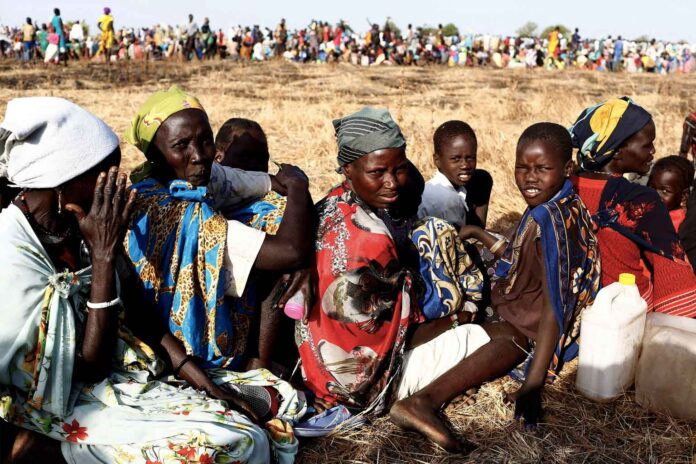Sudan is currently facing one of the gravest humanitarian crises in the world, driven by a brutal civil war that has escalated food insecurity to near-famine conditions. This crisis is exacerbated by restricted access for humanitarian aid and ongoing violent conflicts that impede relief efforts.
The conflict, which has now persisted for over a year, pits the Sudanese army against the paramilitary Rapid Support Forces. The fighting has not only resulted in tens of thousands of deaths and injuries but has also led to widespread displacement. More than eight million people have been displaced, with nearly two million seeking refuge in neighboring countries. This has put additional strain on regions like Chad and South Sudan, which are also dealing with their own significant challenges.
The World Food Programme (WFP) has been at the forefront of addressing this crisis, noting that nearly 28 million people in the region, including 18 million in Sudan alone, are facing acute food insecurity. The situation is particularly dire in Sudan, where 90% of those in need are in areas largely inaccessible to humanitarian agencies. Efforts to deliver aid are severely hampered by ongoing violence and a lack of resources. The impending lean season, expected to begin in May, is likely to further escalate the crisis, potentially pushing the country into IPC level 5 or catastrophic food insecurity.
Furthermore, the United Nations Development Programme (UNDP) has highlighted the widespread impact on agriculture and food production in Sudan, noting that key states responsible for a significant portion of the nation’s food output are severely affected. This has disrupted farming activities and led to a decrease in food availability, exacerbating the hunger crisis.
Despite international calls for action, including from the UN Security Council, the response remains inadequate to meet the massive needs. The political instability and fighting have also led to a collapse in basic services, with a significant proportion of health facilities non-functional and a sharp increase in malnutrition rates among children.
The international community continues to stress the urgent need for a ceasefire and a political resolution to the conflict. Only with sustained peace and renewed access for humanitarian efforts can Sudan hope to rebuild and prevent a total humanitarian disaster.










